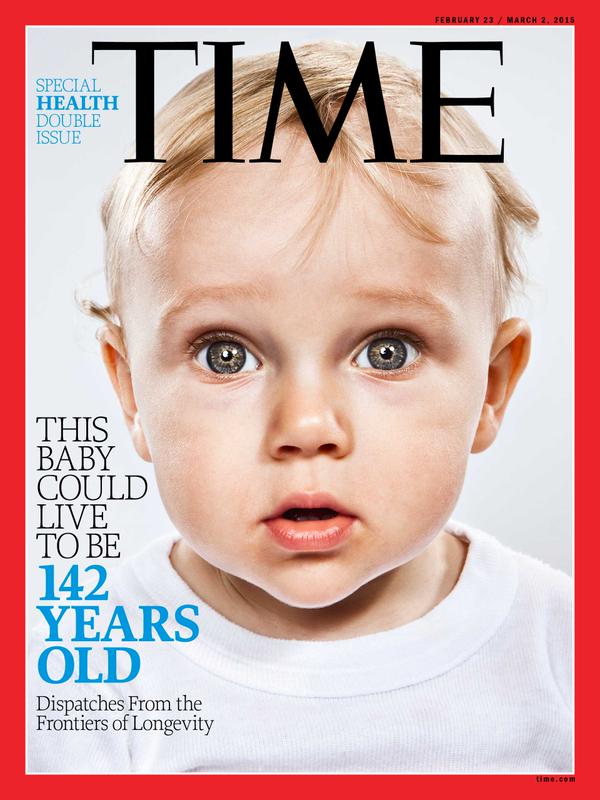The recent “Longevity Report” in TIME magazine may make us marvel at how scientists are “toying with ways to manipulate genes and pull out aging cells, all in a race to find a way to extend longevity to its outer limits.” On one level, medical technology that may just make it possible to live to be 142 years old is amazing.
On another, as much as we might like the idea that breakthroughs could at the least, extend a “healthy life a bit longer” and at most, “extend a life indefinitely,” pushing the limits of longevity should be cause for great concern.
For starters: How will increased longevity impact human population? As of this writing, the U.S. Census Population Clock tells us there is one birth every eight seconds, and one death every twelve. If people begin to live a lot longer, the death component of population change will increase. What if we hit one death every 30 seconds? Every minute? Longer? The answer: even more population growth.
Longevity is already one of the most overlooked aspects of population growth. With a current life expectancy of 79 and at least 81 by 2045, as anthropology professor J. Kenneth Smail states in Man Swarm: How Overpopulation is Killing the Wild World,”Ongoing global gains in human longevity will continue to make a major contribution to world population expansion over the next half-century, regardless of whatever progress might be made in reducing fertility.” Think how our population will balloon in the future if human longevity grows even longer. Pushing the limits of longevity will only make overpopulation a more serious crisis.
We also need to examine whether the earth will be able to sustain a human population that continues to live longer, and how this will affect the natural world. As World Population Balance reports, as it stands now, if all of the world’s seven billion plus people consumed as much as an average American, it would take the resources of over five Earths to sustainably support all of them. The question is: How will advances in “regenerative medicine” affect a world that is already living beyond its finite resource means?
Having more people living longer also begs questions like these: How will it affect climate change? Species extinction? Biodiversity loss? Food and water shortages? Regenerative medicine may be viable, but at what costs to the world? Would we want to live in that world?
If we turn inward, we also have to ask ourselves, why does the idea of pushing the limits of our lifespan enamor us so? Maybe it starts with our love of advancement, of pushing boundaries to new frontiers. It’s in our American cultural hardware.
We need to drill deeper, and get to the heart of why so many of us want to live as long as possible. And we can’t ask this question without going to our relationship to death – or fear of it. If we had the wisdom to embrace our natural life cycle, living it as healthily as possible, and not insist on messing with our genes to fend off the inevitable awhile longer, we would do a greater good to those younger than us and the world we leave them.


There is a reason I would consider adoption over having biological kids if I chose to have them. Too many people as is, and I have no interest in “genetic immortality” (whatever that means), or ABSOLUTELY no interest in pregnancy and childbirth. We know how to spawn, but not how to take care of the kids who already exist. And with every person added we just put more strain on nonrenewable resources that are critical for modern society. Yep, this world could do without me reproducing. OH, but people will call me a “cultural Marxist”.